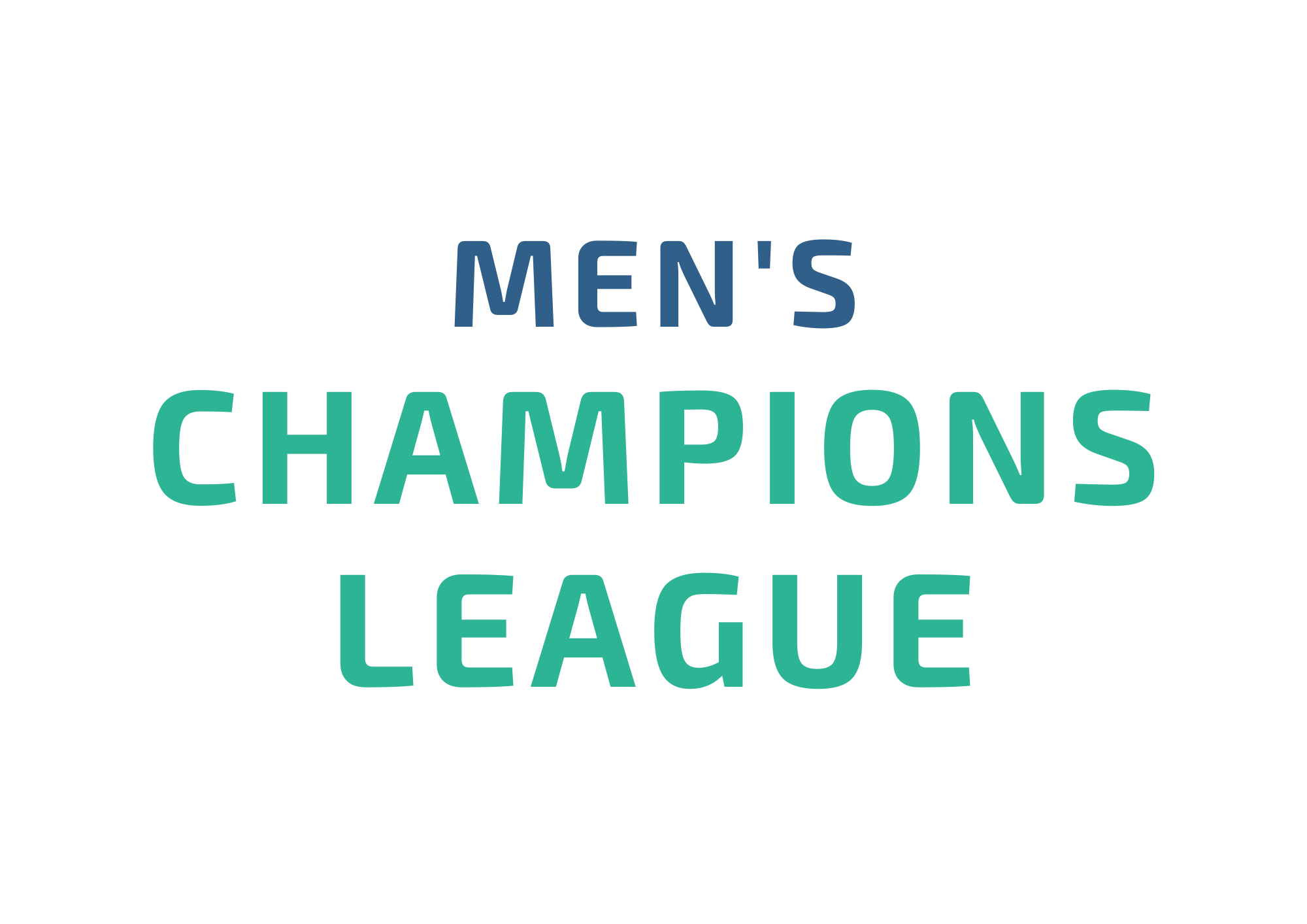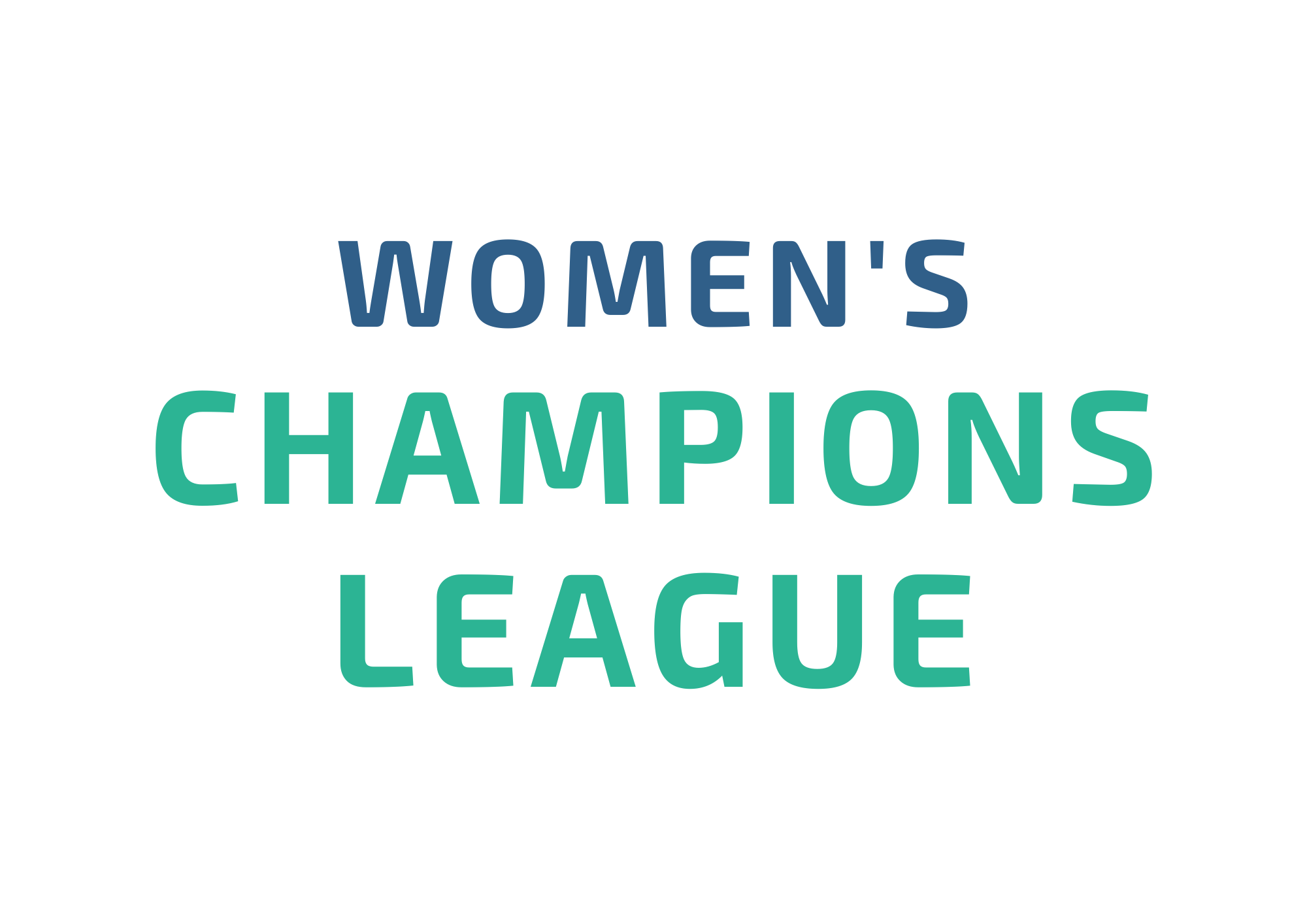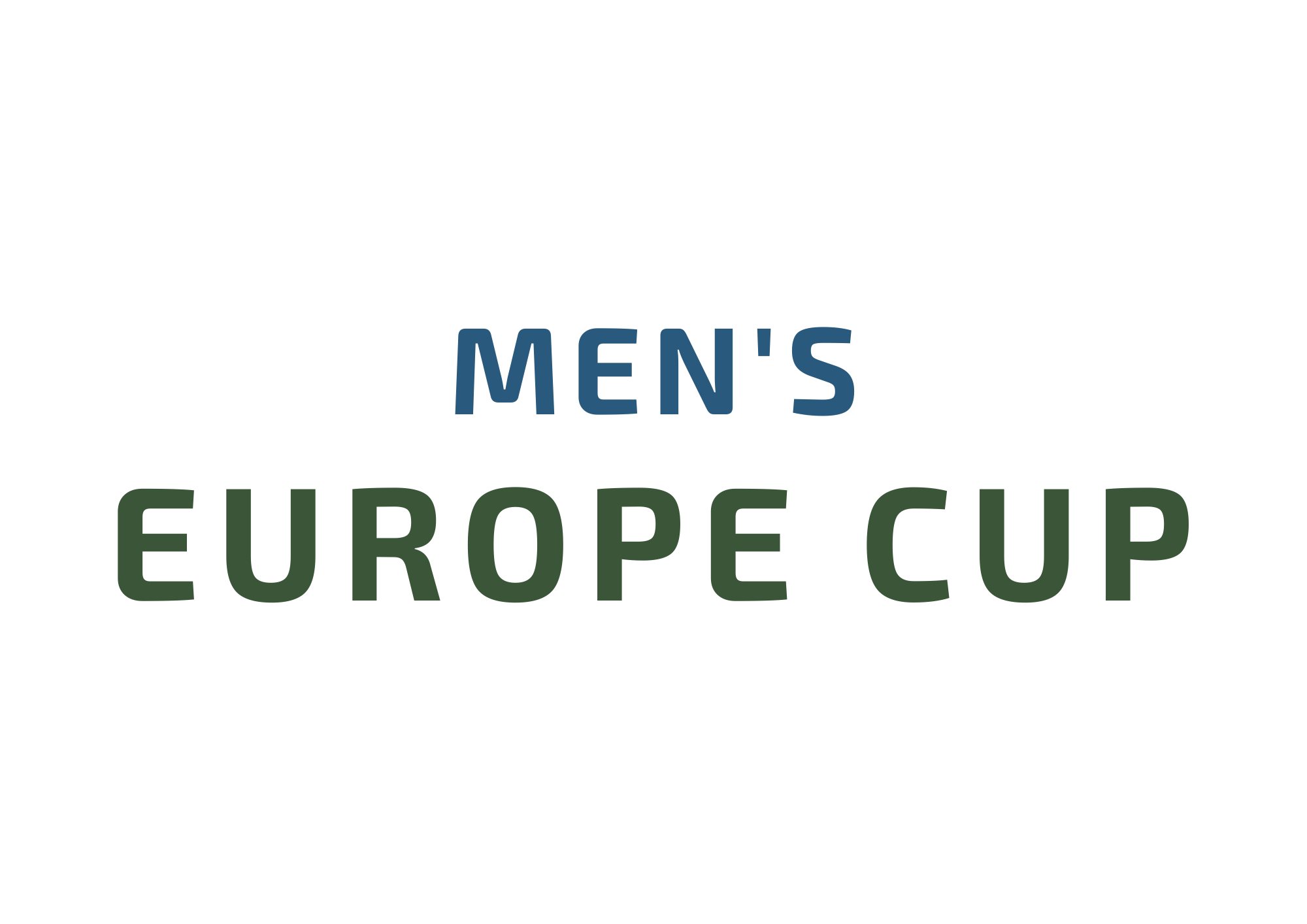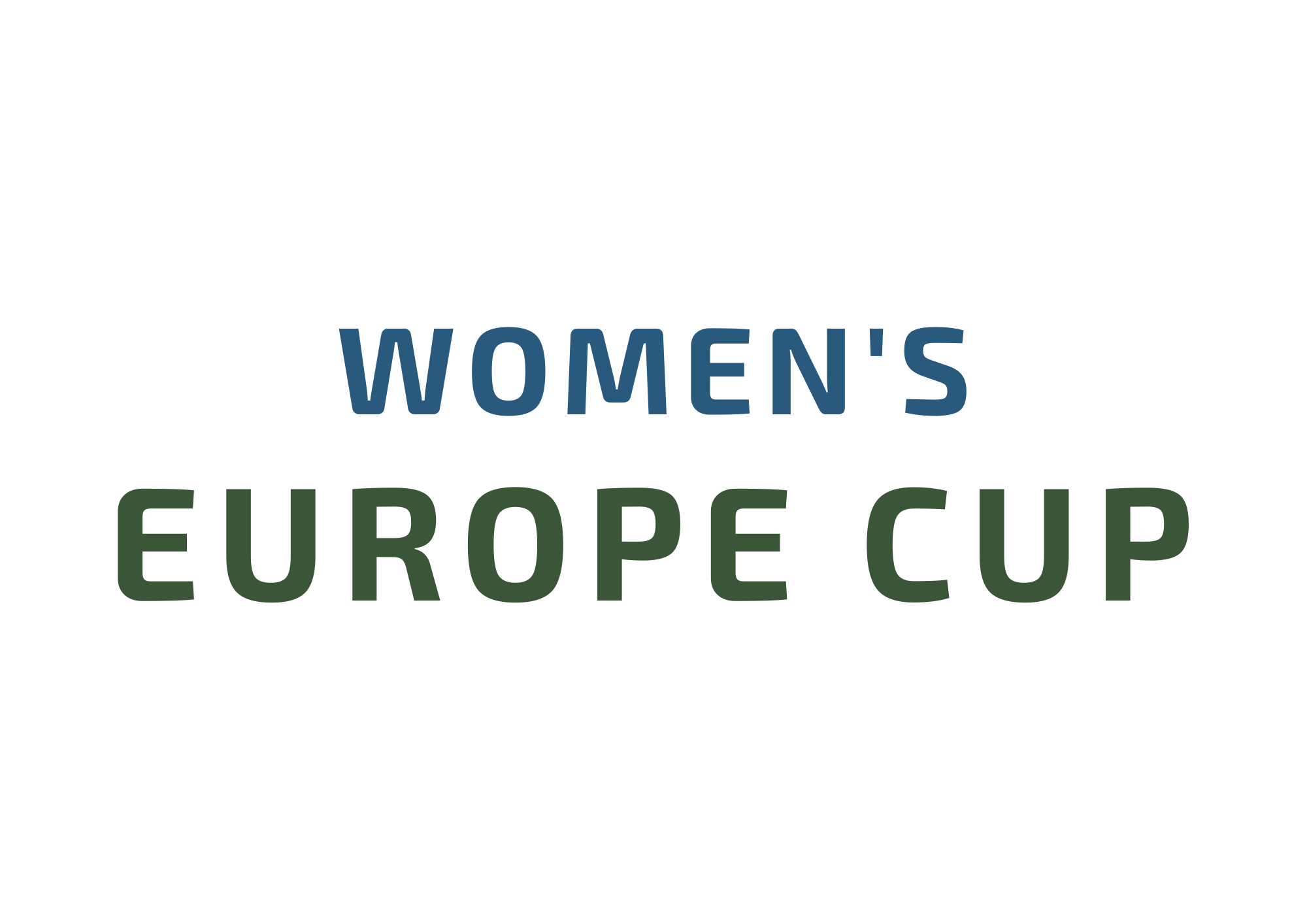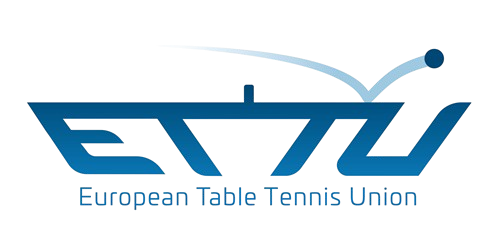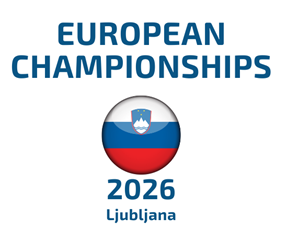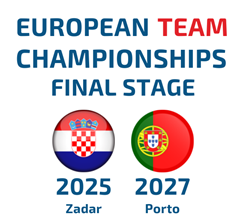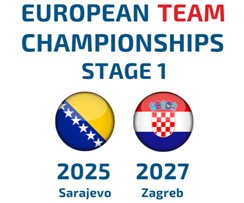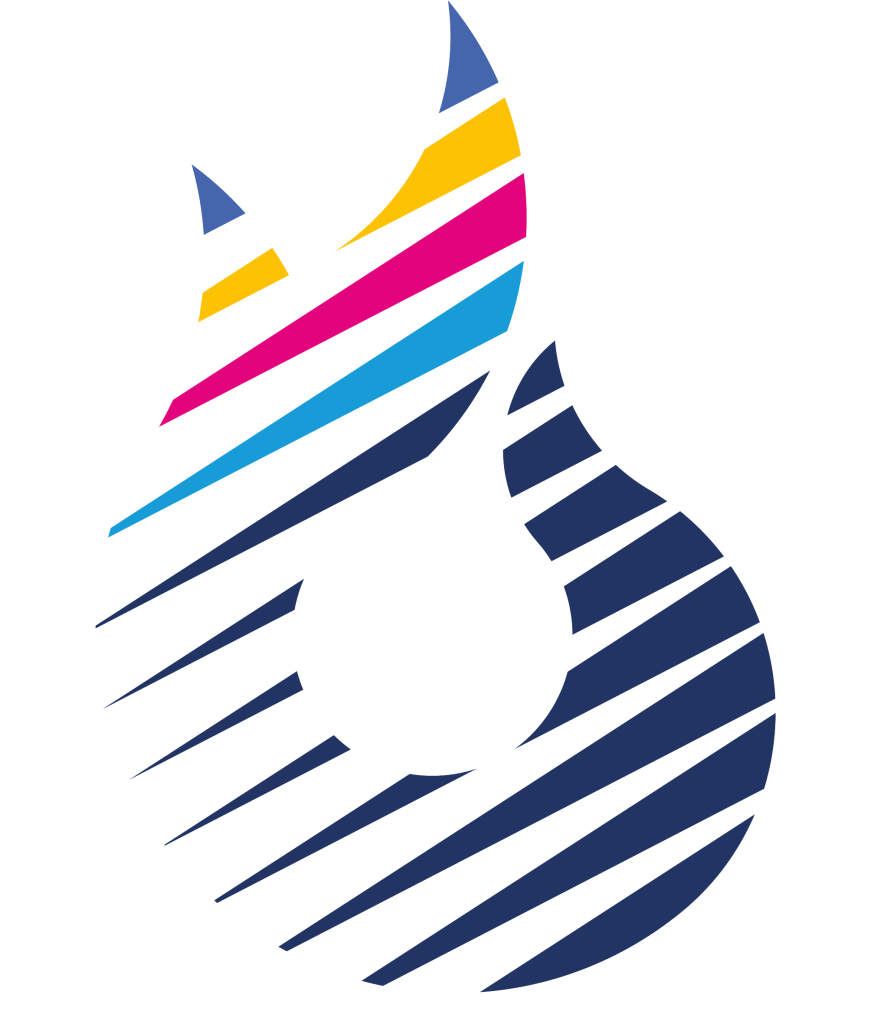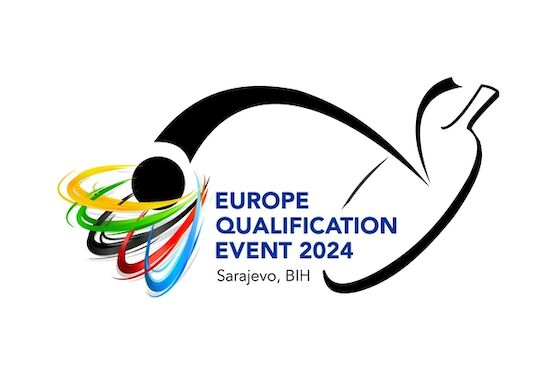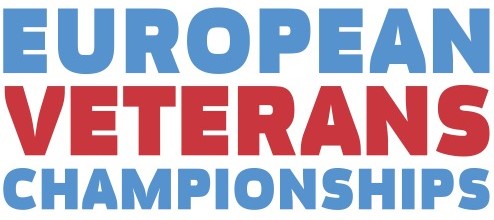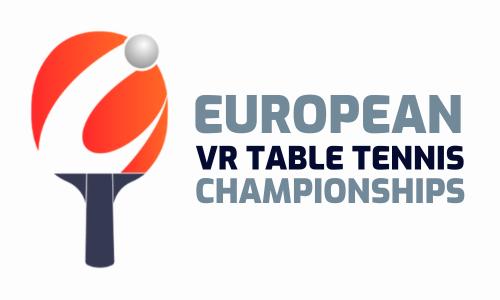University Degree Study Program in Sports Coaching
Faculty of Kinesiology University of Split in cooperation with International Table Tennis Federation (ITTF) and European Table Tennis Union (ETTU) launched the University Degree Study Program in Sports Coaching especially designed for table tennis players and coaches.
About this Project we talked with Assistant Professor Goran MUNIVRANA PhD – Head of the Study Programme.
Why did you start the whole process what was your main professional and personal aim?
“The idea about launching this project has come pretty naturally to me as a logical part of my table tennis pathway since my childhood till these days. In my younger days I was nation team level player and coach (in cadet and junior ranks) and these days I am a sports scientist and assistant professor at university so the idea has arisen as an integral part of the process of my personal development. And as I’ve been a part of table tennis family for so many years (almost my whole life) and have been involved in table tennis word in multiple roles (firstly as a player and coach and now as an organiser scientist and lecturer) I thought I can do something for the sport that has given so much to me.
As a former player and coach who has spent a lot of time on the road in my playing and coaching days and has personally experienced difficulties when trying to coordinate between obligations that I had as a pupil and later as a student and my sports career I am well aware of the problems that lots of players/coaches have encountered when trying to balance between the two. I’ve also personally experienced how difficult it is to live and play for a club at one location and study at another hundreds of miles away. This is a problem that still persists as players/coaches these days even more frequently change clubs and countries and that is very often the cause that prevent them to acquire university education and benefit from it.
But one thing has changed in my school/student days there were no such communication possibilities as are offered today and with this project I’ve been hoping to provide table tennis coaches and players with education possibility that hadn’t been available to me.
So my main aim both professionally and personally (as it’s hard for me to distinguish between the two when we speak about table tennis) have been to provide the players and coaches within our community with a new education possibility which will hopefully be of benefit to them and enable them to acquire both a necessary knowledge and a formal degree ” stated Professor Goran MUNIVRANA.
Who was involved in the developing process of the Project?
“From its start it has been a joined project of ETTU Development program ITTF Development and Education & Training and ITTF Sports Science and Medical Committee.
So if I need to highlight the key figures for the program’s birth and development they are on ETTU behalf; Deputy president Ivo-Goran MUNIVRANA General secretary Richard SCRUTON and Development manager Neven CEGNAR and on ITTF behalf; former ITTF President Adham SHARARA Deputy CEO Glenn TEPPER Director of Education Polona ČEHOVIN SUŠIN and my dear friend and colleague ITTF SSMC chairman Miran KONDRIČ.
I believe they are all well-known figures in table tennis circles and I can say for sure that without their contribution and support the project would have never come to this phase.
Of course they are just a tip of an iceberg as this project involves large parts of our table tennis community and there are lots of other people that have been involved and a lot of my table tennis friends and colleagues (players coaches scientist officials etc.) that have been providing me and the project with their help and support. It would be impossible to mention all of them here.”
How is your experience with the Program in Croatian language?
“In general I am satisfied with the results of the pilot program and what is the most important we’ve learned from the experience. The pilot program started in the Academic Year 2014/15 for the group of South Eastern European (Balkan) countries in which the same or similar languages are spoken and thanks to former ITTF President Adham SHARARA the project has been recognised and supported by ITTF consisting in co-financing scholarships for the first year of study for 9 students. Twelve students were successfully enrolled in the program and the majority of them were former or active national team level players. The biggest name amongst them was Tamara BOROŠ a former world’s number 2.
I think the experience we’ve gained with the pilot program will certainly help us now when the program is going to grow exponentially as it starts in English language and becomes truly globalised.
What are the objectives of the Program?
The main objective of the Program is to provide an opportunity to table tennis players and coaches to gain well-rounded professional knowledge and acquire a university degree while pursuing their professional careers.
Beside the main aim of the Program there are multiple other objectives as well like making quality studying accessible to a wider/global table tennis community and helping athletes to integrate more successfully to their communities following the conclusion of their sports careers.
What I am most proud of is that we managed to establish a large international cooperation between people that are connected with table tennis community and are coming from different academic institutions countries and cultures worldwide but are all willing to contribute to the cause for a benefit of our sport. I believe that is important as it shows unity within the global table tennis family and its ability to carry out vast projects by using its own human and organisational resources.”
One of the reasons of launching the Program is to help coaches and athletes who are most of the time on the trips. How you will manage the lectures and exams?
The study program is going to be conducted mainly by using Distance learning methods on the “Moodle“ distance learning system however classic/standardised learning methods are also going to be used on a smaller scale in some parts of the sport specific courses.
The majority of lessons are held “online” provided via the “Moodle” long distance learning system. All learning materials will be available in Power Point or PDF formats on the Moodle system or recorded and put on the system in the form of audio/video materials.
Exams are taken via the “Moodle” distance learning system (oral exams through Skype or Moodle system online written tests seminar paper etc.) and in some sport specific practical courses in standard (oral written and practical exams with a physical presence of students) or combined way (combination of both methods).
Who can apply for the Program?
Anyone who have a high/secondary school diploma or equivalent in his/her native country and have some minimum playing or coaching experience in the sport (for the duration of four years at least) as a necessary prerequisite for a successful participation in some of the program’s practical courses.”
The list of lecturers is very long. Can you just highlight few names?
“Yes the team of lecturers consists of professors from different universities around the world; all of them with both highly distinguish academic credentials and practical experience and almost all with some table tennis background or bonds as well. They come from more than 20 different institutions (universities/institutes/academies) located in 16 different countries.
I don’t think it would be fair to highlight any of them specifically although there are certainly some who deserves to be additionally distinguished as they are established names in sports science circles. But all the lecturers from the list have numerous scientific (well over a hundred of published papers in Web of Science indexed journals within them) and educational competencies on the courses they teach.
Moreover some of them also possess prominent professional table tennis references of some kind. Within the group there are some lecturers who were former national team level players or coaches while the majority of others are sports scientists/researchers of the field or have been involved in some other role within the table tennis community.
I would also like to mention that the team of lecturers is constantly open to all those who are connected with the table tennis community and have academic credentials and professional competencies to be a part of the team but were missed out initially. If there are such they are welcomed to join us if they think they can contribute to the project by providing their expertise on one or more of the courses within the curriculum.”
Have you established the cooperation between other Universities or sports Organisations?
“As I mentioned earlier more over 20 institutions are involved in the project directly or indirectly through the lecturers they have provided for it and some of those institutions will probably host some practical parts of the program as well.
I want to emphasize that when I’ve started this project I’ve always had in mind for it to be a common project of the table tennis society in which large parts of the community would be involved/included. I’ve always believed it is a project that should be under patronage of both the ITTF/ETTU and not a project that should be led or is launched for the interest of some specific university. Of course we need an accredited academic institution as ITTF/ETTU can’t issue a university degree certificate.
I’ve initiated the project at University of Split primarily because they’ve been the only university ready to launch it at the moment and as I live in Split it was the most convenient solution for me. Although I’ve talked to some other universities as well and they have all shown a general interest for the project they are still not ready to launch it but are free to join whenever/if the interest will be shown on their behalf. Anyhow I don’t believe there are too much space for some rivalry between different academic institutions to occur but I certainly believe there is a lot of space for cooperation in achieving the project’s aims for the benefit of our sport. Therefore I am offering a fully developed program (with curriculum and lecturers that are connected with table tennis world) to any accredited academic institution that is willing to participate in this project regardless if they want to do it as a partner in a joint bachelor’s degree program or would choose to launch its own program. In any case I am ready to help them and contribute to our common cause.
What does a Bachelor’s degree program consist of?
“The Bachelor’s degree program consists of 32 courses + professional coaching practice + final project.
From 32 courses that constitute the program 19 of the courses are generic courses based on generic sports science disciplines and related scientific fields (human anatomy & physiology sports medicine sports psychology pedagogy etc.) 9 of them are specific table tennis courses that analyse the sport not only from a scientific perspective but moreover from a practical education & coaching perspective and there are 4 elective courses which students have to choose from the list of proposed courses (the list contains both generic and specific courses as options).
So it is a multidisciplinary study program that covers basics of theoretical and practical knowledge in different areas of applied kinesiology/sports science and related scientific disciplines and moreover adding to this generic knowledge some sports specific knowledge from the table tennis coaching science point of view.”
Can you see the benefits for the European table tennis in terms of results?
“Of course I do but I would say the project is not some magic wand that will transform European table tennis in a blink of an eye and get it instantly back to a winning track against the current Asian dominance. I see it as a part of a long-term process that Europe has to go through in aim to discover its former glory and become a force it once was. During that process I believe Europe has to change old habits and find new patterns of development that would be more suited to the modern times and trends and that includes changes in the coaching culture.
Times have changed and I think we in Europe really need a more knowledgeable and scientific approach to coaching if we want to produce world class players on a constant basis. In Europe these days we are competing with a huge number of other sports and it is not easy to recruit the best of kids for table tennis and we for sure cannot hope to have a huge base of young players like China has. Therefore the talent ID and selection processes have to be scientifically based and we need coaches who will be able to respond to all requirements and challenges that a modern and scientifically based coaching process could put in front of them. Only in that case Europe will be able to reverse the negative trends we have now and look forward to a brighter future.
Of course one new program can’t do miracles by itself but I am absolutely sure that a high level of education together with a continual ongoing personal improvement of coaches in the process of “lifelong learning” is a winning formula in achieving our goals. So we are not talking just about formal education resulting with a university diploma/certificate which is the case with this program we are talking about necessity of constant investment in knowledge both in the form of a formal and voluntary self-motivated education.
In today’s world knowledge is power and the times of improvisation have passed. Since coaching is in the core of the development of our sport I believe it is absolute necessity to invest lots of our efforts and means to further develop our coaches and rise a level of coaching culture in Europe. I know it is not easy to do I understand it will take time but that is the only right way to go.
From what I’ve seen ETTU has recently moved a step forward in that direction and has been organising a number of coach education activities/seminars throughout Europe lately so I believe they are well aware of the issues mentioned above and obviously investing a lot of their time and resources to development of coaching in Europe. And I believe this project could provide a good support to their well-rounded efforts in doing so.
I also hope that the National Associations forming ETTU/ITTF will support this global education project as education of coaches is critical to the long term success of any National Association. I think it would be of a great help to the project if they can advertise it properly on their web pages and where possible support their best coaches and players with some scholarships or helping them in some other regard to bear some of the costs of the program.
I believe this project deserves support and I hope we can use it as a tool to advance a level of coaching in Europe for the benefit of our sport ” said Professor Goran MUNIVRANA.

